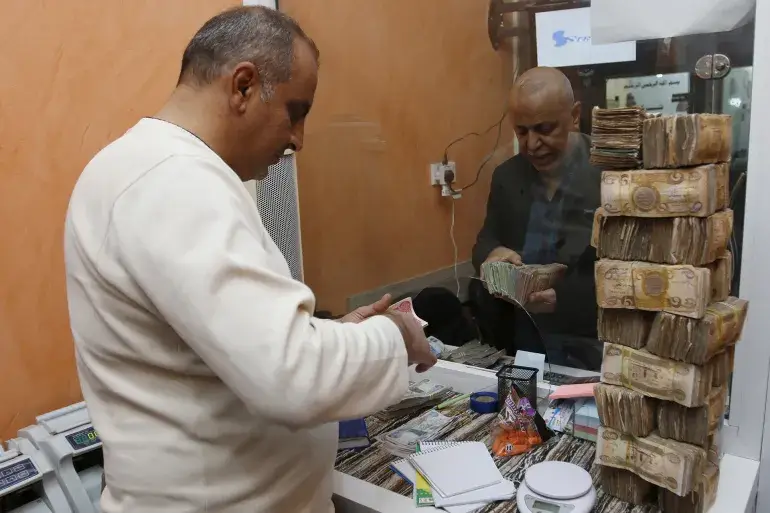
In 2021, the government of Iraq made plans to decimalize its currency, commonly known as the Iraqi Dinar (IQD), by removing three zeros. The scheme to “redenominate” the currency, as the process is called, is an attempt to rebuild Iraq, which has suffered from inflation and poor economic management for most of the past three decades and often sees its revenues from oil sales fluctuate. Although auditors eliminating zeros is not a new process worldwide, it seems to be unique in the Iraqi case due to the issues that the country has faced, both politically and economically.
This article seeks to understand why it is necessary to drop Iraqi Dinar zeros, the opportunities and risks involved in this decision, and the implications for the Iraqi economy. Analyzing the historical background of Iraq’s Currency, the rationale for redenomination, and its implications, we will be in a position to understand and quantify these impacts on the general population of Iraq, the banking sector in the country as well as the topmost priority of Iraq international economy and trade.
The History of the Iraqi Dinar and the Need for Change
The Iraqi Dinar was the Iraqi money used before 1990, and it has had different values; the number of zeros also varied a few times. When Iraq’s dictator Saddam Hussein was overthrown in 2003, the nation’s economy deteriorated to a worse position besides facing other serious problems such as inflation and economic punitive measures as well as infrastructural damage. The Iraqi Dinar was devalued by these factors, and new zeros appeared on the banknotes.
The Iraqi Dinar was first, at one point, fixed to the US Dollar at 3.22 IQD to 1 USD prior to the sack of Saddam. However, due to ineffective economic policies, political turmoil, and embargo the value of the currency was gradually declining. By 2003, Iraq’s inflation rate had skyrocketed, and the currency had lost significant value, prompting the central bank to issue new notes and remove several zeros from the denominations.
The Dinar’s Decline: A Prelude to Deletion of Zeros
After the 2003 invasion, some of the substantive challenges that the Iraqi government and the CBI were left to reconstruct the economy. Due to the high inflation rates, which hit an astronomical figure, the value of the Iraqi Dinar’s reduced. By the year 2000 and something the country had notes with up to five zeros and this could not work out for daily use.
In 2004, the new governor of the CBI took practical steps to stabilize the currency by releasing new banknotes without zeros in an attempt to gain the confidence of the public. However, all these efforts could not help the Iraqi economy stabilize because of the volatility of the oil prices, political instabilities, and insecurity that regularly devalued the Dinar. However, the government’s action to delete zeros was not a new move but a corrective action on a long-existing flaw that has been ailing Iraq’s economy.
Why is Iraq Deleting Zeros from the Dinar?
The aim of eradicating three zeros of the Iraqi Dinar draws on several issues such as economic reforms, political stability, and confidence in foreign nations. In the sections that follow, we detail the primary motives for redenomination and the advantages and risks of redenomination.
End